The Energy of the Three-Column Chart with Vertical Strains: A Complete Information to Visualization and Interpretation
Associated Articles: The Energy of the Three-Column Chart with Vertical Strains: A Complete Information to Visualization and Interpretation
Introduction
On this auspicious event, we’re delighted to delve into the intriguing matter associated to The Energy of the Three-Column Chart with Vertical Strains: A Complete Information to Visualization and Interpretation. Let’s weave attention-grabbing info and provide contemporary views to the readers.
Desk of Content material
The Energy of the Three-Column Chart with Vertical Strains: A Complete Information to Visualization and Interpretation
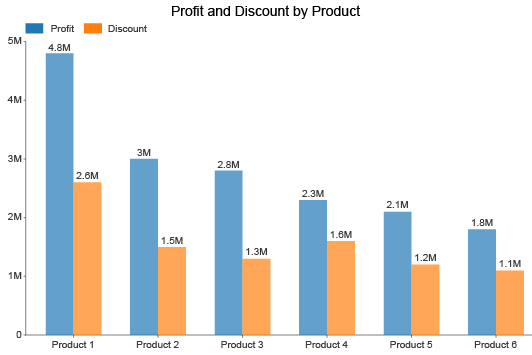
Charts are basic instruments for information visualization, permitting us to rework complicated numerical info into simply digestible visible representations. Among the many numerous chart sorts out there, the three-column chart with vertical strains presents a singular and highly effective method to current comparative information, highlighting traits and relationships between three distinct variables or classes. This text delves deep into the design, interpretation, and purposes of this particular chart kind, exploring its strengths, limitations, and greatest practices for efficient communication.
Understanding the Three-Column Chart with Vertical Strains
The three-column chart, additionally generally known as a clustered column chart or grouped bar chart when utilizing horizontal bars, shows information throughout three distinct classes or variables, represented by three columns clustered collectively for every information level. The essential addition of vertical strains extends the chart’s performance past easy comparability. These strains usually characterize a selected worth, threshold, or goal, providing a visible benchmark towards which the information might be assessed. This enables for rapid interpretation of efficiency relative to a predetermined customary.
As an example, think about a chart monitoring gross sales figures for 3 completely different product strains (A, B, and C) over a collection of months. Every month could be represented by a cluster of three columns, one for every product line, exhibiting its respective gross sales. Vertical strains may then be added to point month-to-month gross sales targets or common gross sales figures from the earlier yr, offering a transparent visible comparability of precise efficiency towards desired outcomes or historic traits.
Key Elements and Design Concerns
A well-designed three-column chart with vertical strains includes a number of essential elements:
-
X-axis (Horizontal): This axis usually represents the impartial variable, typically time (months, years, quarters), classes (product strains, areas, demographics), or another grouping variable. Clear and concise labels are important for understanding the information groupings.
-
Y-axis (Vertical): This axis represents the dependent variable, normally a numerical worth like gross sales, income, earnings, temperature, or another quantifiable measure. The size must be appropriately chosen to keep away from distortion and guarantee correct illustration of the information. Constant intervals and clear labeling are paramount.
-
Columns: Three columns are clustered collectively for every information level on the X-axis, representing the three distinct classes being in contrast. Completely different colours or patterns must be used to distinguish the columns clearly and supply a visible key for straightforward identification. A legend is crucial for explaining the color-coding or sample scheme.
-
Vertical Strains: These strains act as reference factors, highlighting key values or targets. They need to be clearly distinguishable from the columns, maybe utilizing a unique line model (dashed, dotted) or shade. Labels ought to clearly determine the which means of every vertical line.
-
**
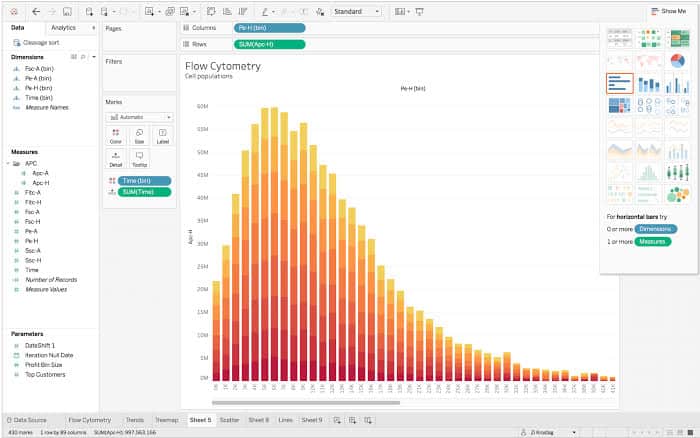
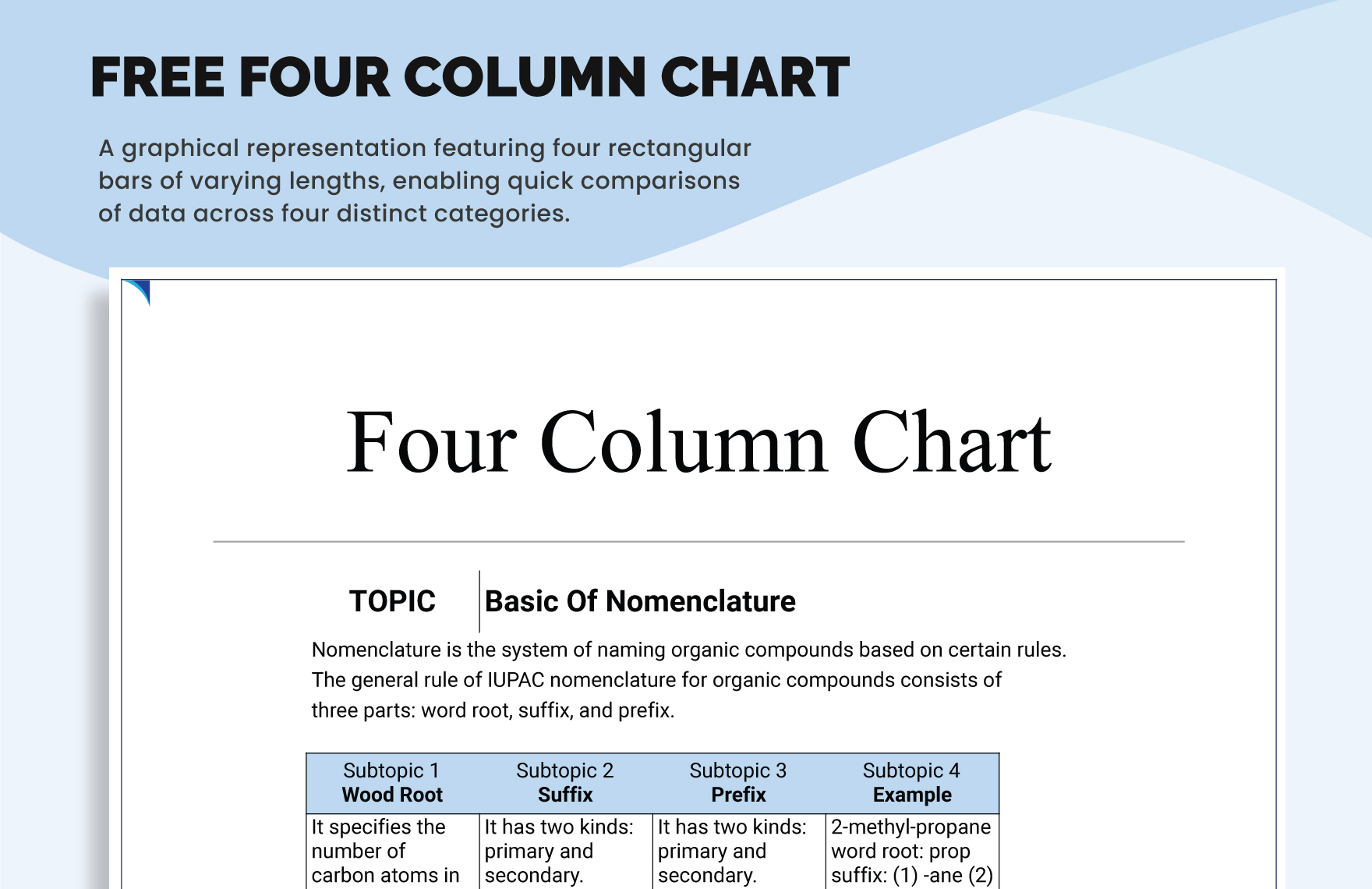
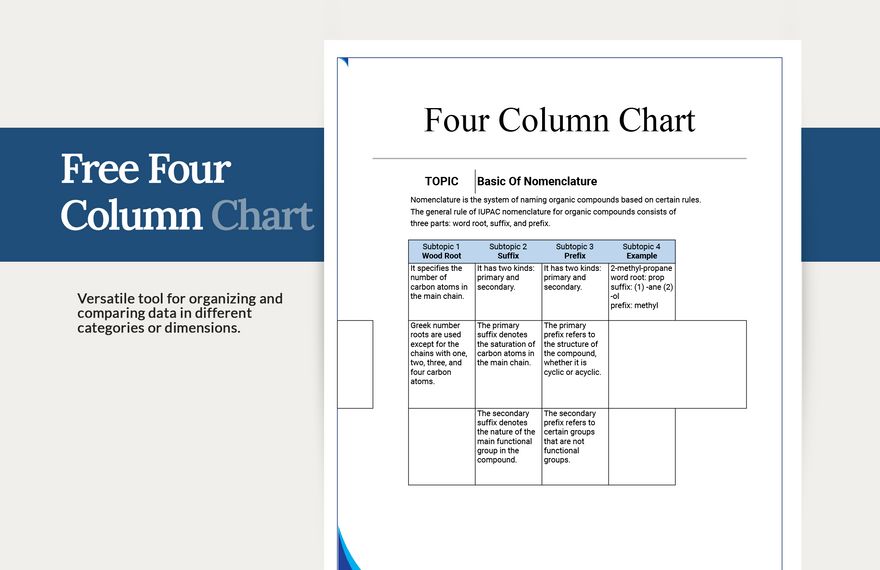


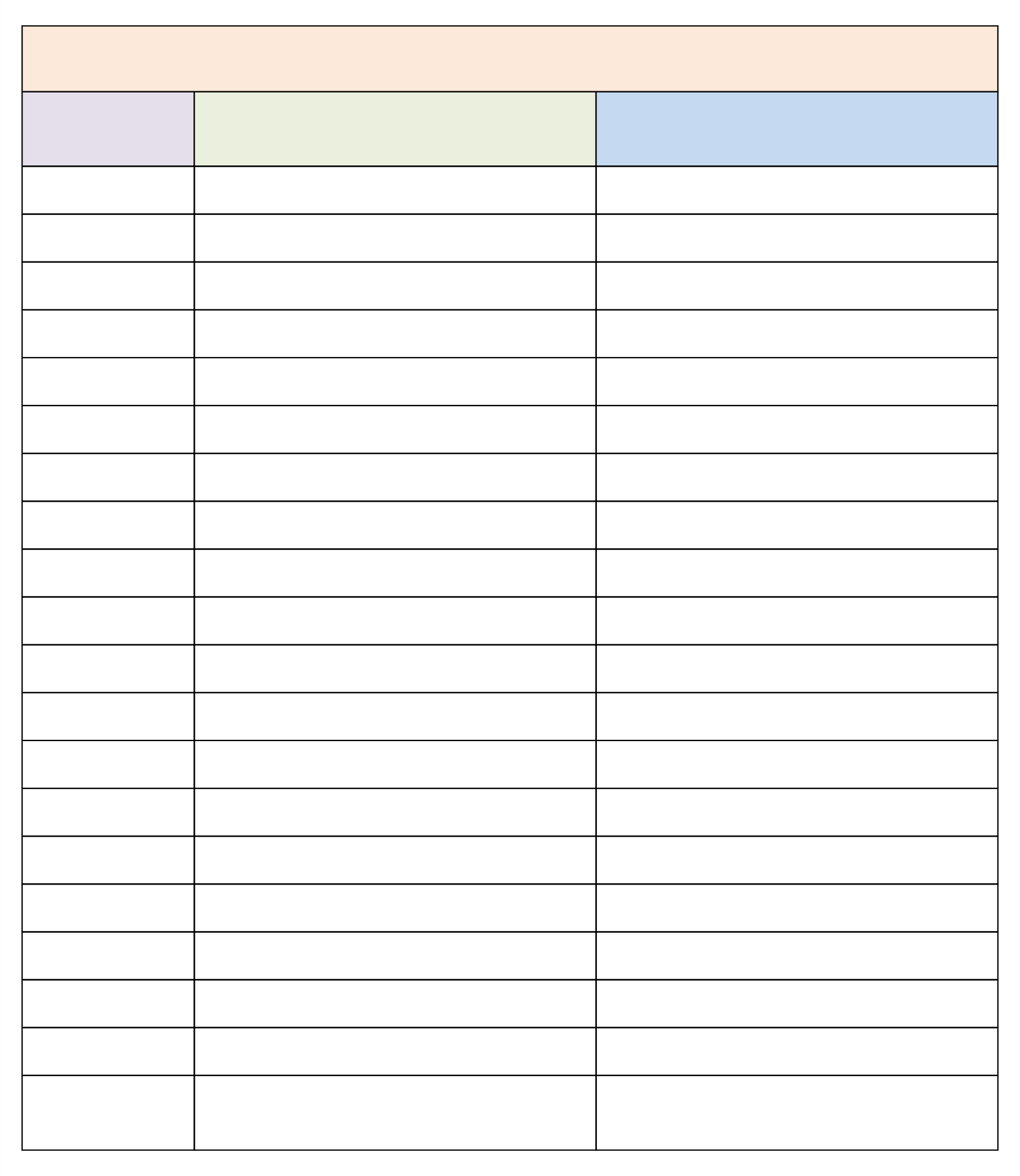


Closure
Thus, we hope this text has supplied priceless insights into The Energy of the Three-Column Chart with Vertical Strains: A Complete Information to Visualization and Interpretation. We thanks for taking the time to learn this text. See you in our subsequent article!